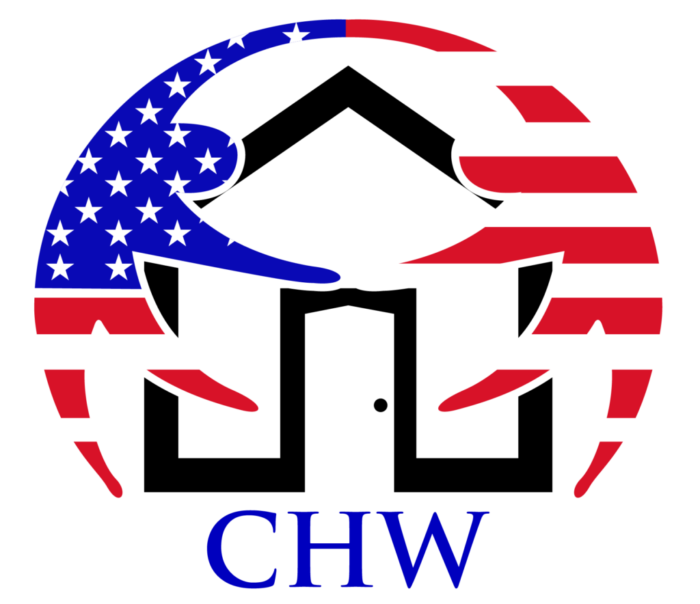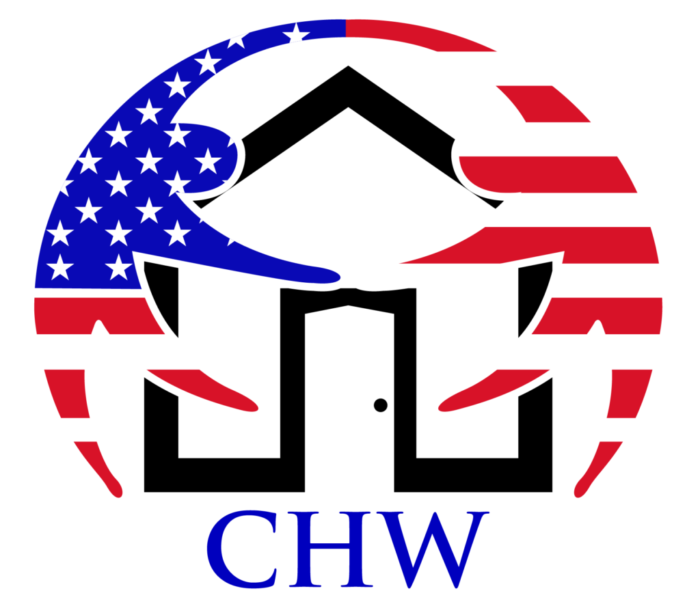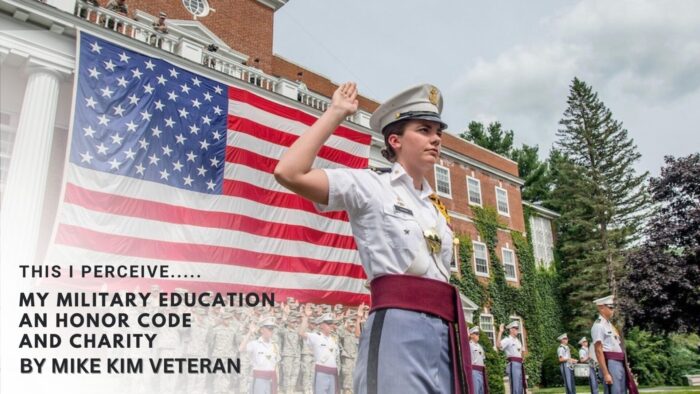This I Perceive…My Military Education An Honor Code and Charity
Veteran Readjustment Phenomena Essay
By Mike Kim Veteran
These days, Americans are constantly barraged with dramatic quarrels involving plagiarism by high profile public figures at elite universities. Today it is MIT, last week, it was Harvard. I wonder which elite university professor will be targeted next by mass media news outlets, think tank personalities, and even high-profile public figures.
My initial PME Professional Military Education was completed at Norwich University- The Military College of Vermont and that experience included observing a communalized charitable honor code. My recent reflections lead me to conclude that the recent elite university drama can be resolved by exhibiting more charity towards faculty members and administrators by exhibiting charity likened to my initial PME institution’s honor code.
As I attended Norwich to become a U.S. military officer, I knew that it was the birthplace of ROTC Reserve Officer Training Corps and where many great military and civilian leaders like the famed Admiral George Dewey, the ingenious Tank Commander General Ernest Harmon, and the esteemed former U.S. Secretary of the Navy Gideon Welles were groomed. I also knew that I was different from most of my classmates because I was poor and appeared different with my tanned skin and Asiatic almond shaped eyes. At Norwich, while I would frequently ponder identity, I also personally felt protected by Norwich’s honor code. And yet, I did not feel protected by the binding words of the Norwich honor code, I felt that my peers and leaders were by and large fair and charitable human beings.
During my time at Norwich, I rarely experienced less than charitable behavior towards me. This gave me a particular confidence to thrive in a rigorous corps of cadet model for living my early adulthood. While there was an honor code that was in place to maintain the highest standards of virtue, I knew that cadets and Norwich’s administration were held accountable for actualizing institutional virtue.
I remember that I perceived another cadet lying to a military officer. This meant I was bound to report the incident due to Norwich’s honor code standards. While I reported the incident, I was aware that I truly disliked this cadet because I viewed him as arrogant and also having a certain cultural background that was historically offensive to mine. And yet, as I reported the incident, I stressed that I did not want to see this cadet publicly shamed in any way. I did not want him to be removed from Norwich. And yet, I did want him to be firmly informed about the honor code standards. As I reflect on the past, I think charity ordered that situation properly. Know that this cadet was never officially brought up on an honor code violation. Let us be reminded that we all have distinct perceptions of others and can try to be attuned to these human perceptions.
At Norwich, I experienced simultaneously positive military color blindness while also wrestling with my pre-Norwich lived reality of being poor and coming from a racialized part of Florida. I think charity allowed others to treat me fairly at Norwich while also encouraging me to be more charitable. Elite civilian educational institutions might try to promote charity within its educational culture.
Note, I describe Norwich as a PME, but it is more of a hub for obtaining professional military education. Norwich is considered to be the first Senior Military college out of six (Norwich, VMI, The Citadel, VPI, Texas A & M, and University of North Georgia) by the U.S. Department of the Army.


